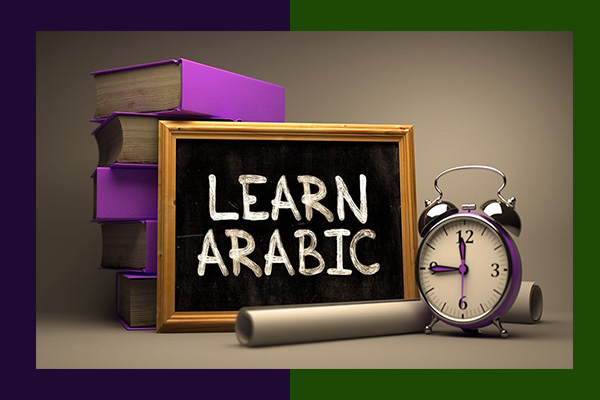Arabic is a rich and diverse language spoken by millions of people around the world. Learning Arabic can open doors to new cultures, enhance career opportunities, and provide a deeper understanding of the Arab world. Arabic language courses online are designed to help learners master speaking, reading, and writing skills. These courses cater to various levels, from beginners to advanced learners, ensuring that everyone can find a suitable program.
Importance of Learning Arabic
Learning Arabic is essential for various reasons. It is the fifth most spoken language globally and is the official language of 22 countries. Arabic is also the language of the Quran, making it significant for Muslims around the world. Understanding Arabic can facilitate communication with native speakers and provide insights into Arab culture, history, and traditions. Moreover, proficiency in Arabic can enhance job prospects in fields such as international relations, business, and education.

Types of Arabic Language Courses
Arabic language courses come in various formats, including online classes, in-person lessons, and immersive programs. Online courses offer flexibility, allowing learners to study at their own pace. In-person classes provide direct interaction with instructors and fellow students, fostering a collaborative learning environment. Immersive programs, often held in Arabic-speaking countries, offer an opportunity to practice language skills in real-life situations, enhancing fluency and confidence.
Curriculum Structure
The curriculum of Arabic language courses typically includes speaking, reading, and writing components. Speaking classes focus on pronunciation, vocabulary, and conversational skills. Reading lessons introduce learners to Arabic script, grammar, and comprehension. Writing exercises help students develop their ability to express ideas clearly and accurately in written Arabic. Many courses also incorporate cultural lessons to provide context and enhance language learning.
Speaking Skills Development
Mastering speaking skills is a crucial aspect of learning Arabic. Courses often include role-playing activities, discussions, and presentations to encourage verbal communication. Instructors may use audio and video materials to expose learners to different dialects and accents. Regular practice with native speakers, either through language exchange programs or conversation partners, can significantly improve speaking proficiency.
Reading Skills Enhancement
Reading in Arabic can be challenging due to its unique script and grammatical structure. Arabic language courses typically start with the basics of the alphabet and gradually progress to more complex texts. Learners are introduced to various reading materials, including literature, news articles, and academic texts. Developing reading skills enhances vocabulary and comprehension, allowing students to engage with Arabic literature and media effectively.

Writing Skills Improvement
Writing in Arabic requires practice and attention to detail. Arabic language courses often include writing assignments that focus on different styles, such as formal and informal writing. Students learn to construct sentences, use proper grammar, and develop coherent paragraphs. Feedback from instructors is crucial in helping learners refine their writing skills and express their thoughts clearly in Arabic.
Cultural Context in Language Learning
Understanding the cultural context of the Arabic language is essential for effective communication. Many Arabic language courses incorporate cultural lessons that explore traditions, customs, and social norms. This cultural knowledge helps learners navigate conversations and interactions with native speakers more effectively. It also fosters appreciation for the rich heritage of the Arabic-speaking world.
Choosing the Right Course
When selecting an Arabic language course, learners should consider their goals, learning style, and schedule. It is essential to choose a course that aligns with individual needs, whether for personal enrichment, travel, or professional development. Researching different programs, reading reviews, and seeking recommendations can help learners make informed decisions about their language education.
Conclusion
Arabic language courses offer a valuable opportunity to master speaking, reading, and writing skills. With the right course, learners can gain proficiency in Arabic and develop a deeper understanding of the Arab culture. Whether through online classes, in-person lessons, or immersive experiences, the journey of learning Arabic can be rewarding and enriching. Embracing this challenge opens doors to new experiences and connections in the Arabic-speaking world